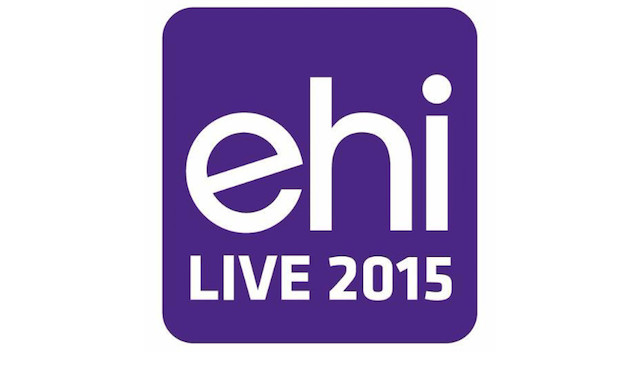 Innovative healthcare software provider IMS MAXIMS and Taunton and Somerset NHS Foundation Trust are to share the story behind the successful deployment of the UK’s first open source electronic patient record (EPR) at eHealth major industry event, EHI Live. The trust’s director of information, Malcolm Senior, and the CEO of IMS MAXIMS, Shane Tickell, will address delegates in the digital health industry for the first time since the go-live of the system last month.
Innovative healthcare software provider IMS MAXIMS and Taunton and Somerset NHS Foundation Trust are to share the story behind the successful deployment of the UK’s first open source electronic patient record (EPR) at eHealth major industry event, EHI Live. The trust’s director of information, Malcolm Senior, and the CEO of IMS MAXIMS, Shane Tickell, will address delegates in the digital health industry for the first time since the go-live of the system last month.
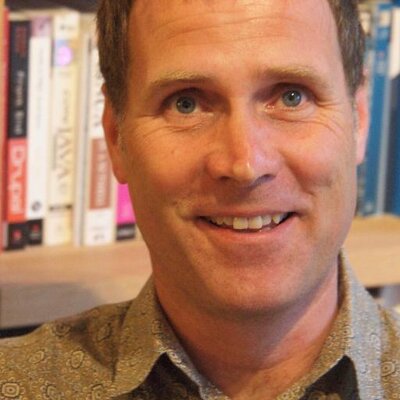 OpenMaxims, an electronic patient record (EPR) system developed in the United Kingdom (UK) and made available as open source software, is being adopted by three additional hospitals in the UK. The software solution is being implemented for the Blackpool Victoria Hospital, Clifton Hospital and Fleetwood Hospital, all three in England's northwest coast. The three hospitals form the Blackpool Teaching Hospitals NHS Foundation Trust. The Trust started implementing OpenMaxims in December.
OpenMaxims, an electronic patient record (EPR) system developed in the United Kingdom (UK) and made available as open source software, is being adopted by three additional hospitals in the UK. The software solution is being implemented for the Blackpool Victoria Hospital, Clifton Hospital and Fleetwood Hospital, all three in England's northwest coast. The three hospitals form the Blackpool Teaching Hospitals NHS Foundation Trust. The Trust started implementing OpenMaxims in December.
 Sunset Systems has been a prolific contributor to the OpenEMR project since 2005. Its owner, Rod Roark, has been one of the two administrators of the project since then. Rod is a very experienced software developer and visionary, having created several successful commercial software products in a variety of industries and now focuses on open source platforms, OpenEMR in particular, and the needs of its users. Sunset Systems is primarily focused on software development as opposed to production support
Sunset Systems has been a prolific contributor to the OpenEMR project since 2005. Its owner, Rod Roark, has been one of the two administrators of the project since then. Rod is a very experienced software developer and visionary, having created several successful commercial software products in a variety of industries and now focuses on open source platforms, OpenEMR in particular, and the needs of its users. Sunset Systems is primarily focused on software development as opposed to production support 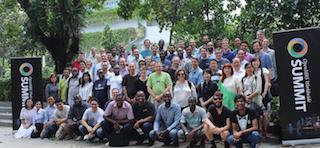 ThoughtWorks first began contributing to OpenMRS in 2006 and since that time, we've had over fifty committers to OpenMRS in GitHub. Incidentally, one in every seven OpenMRS contributor in GitHub is a ThoughtWorker! Naturally, in 2013, when we had the opportunity to build Bahmni, an open source hospital information system, we choose OpenMRS as the underlying Electronic Medical Records System (EMR). Bahmni leverages the mature data model and APIs of OpenMRS, whilst providing an out-of-the-box system that can be immediately used by hospitals.
ThoughtWorks first began contributing to OpenMRS in 2006 and since that time, we've had over fifty committers to OpenMRS in GitHub. Incidentally, one in every seven OpenMRS contributor in GitHub is a ThoughtWorker! Naturally, in 2013, when we had the opportunity to build Bahmni, an open source hospital information system, we choose OpenMRS as the underlying Electronic Medical Records System (EMR). Bahmni leverages the mature data model and APIs of OpenMRS, whilst providing an out-of-the-box system that can be immediately used by hospitals.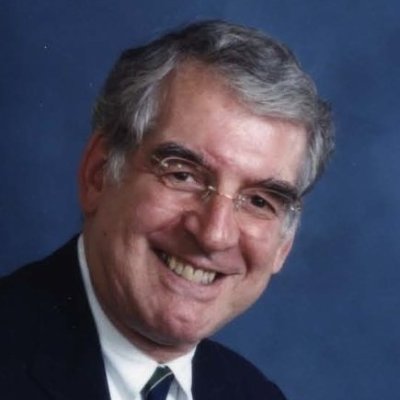 By now, it should be no secret that physicians in the United States, although largely receptive to the idea of electronic health records (EHRs), are widely dissatisfied with the current state of the art, and with the way that EHR adoption is being implemented.[1] Indeed, Congress[2] has shown continuing – but sometimes seemingly perfunctory – interest in the concerns of physicians and other health care providers, and I am at this point pessimistic about seeing any results of its efforts in the near future unless a more fundamental change is made in our approach. As Einstein noted, “We cannot solve our problems with the same thinking that created them.”
By now, it should be no secret that physicians in the United States, although largely receptive to the idea of electronic health records (EHRs), are widely dissatisfied with the current state of the art, and with the way that EHR adoption is being implemented.[1] Indeed, Congress[2] has shown continuing – but sometimes seemingly perfunctory – interest in the concerns of physicians and other health care providers, and I am at this point pessimistic about seeing any results of its efforts in the near future unless a more fundamental change is made in our approach. As Einstein noted, “We cannot solve our problems with the same thinking that created them.”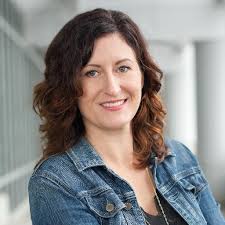 Steven Keating had always been interested in data and learning about things, which is why he volunteered to do a research scan when he was a student. The scan revealed an abnormality. In 2014, the abnormality had grown into a massive tumor. Soon he learned that there were many barriers keeping him from accessing his own data. "And that's what I've been sharing, which is this question: How come as a patient we're last in line for our own data? How come my doctors and my university researchers can see my tumor genome and I can't?"
Steven Keating had always been interested in data and learning about things, which is why he volunteered to do a research scan when he was a student. The scan revealed an abnormality. In 2014, the abnormality had grown into a massive tumor. Soon he learned that there were many barriers keeping him from accessing his own data. "And that's what I've been sharing, which is this question: How come as a patient we're last in line for our own data? How come my doctors and my university researchers can see my tumor genome and I can't?" Marand has signed a contract with Hospital Sírio-Libanês, one of the premier healthcare institutions in South America. Hospital Sírio-Libanês will use Think!EHR Platform™ as a vendor-neutral structured data repository as well as a foundation for the development of a suite of new clinical applications. Marand will also provide services including consulting, training and support. “Hospital Sírio-Libanês is already a HIMSS EMRAM Stage 6 hospital but in order to reach Stage 7, we have to provide additional clinical functionality in several areas. For this reason, we needed a solution to centralize and integrate all the clinical information in a vendor-neutral structured data repository, analogous to our PACS.
Marand has signed a contract with Hospital Sírio-Libanês, one of the premier healthcare institutions in South America. Hospital Sírio-Libanês will use Think!EHR Platform™ as a vendor-neutral structured data repository as well as a foundation for the development of a suite of new clinical applications. Marand will also provide services including consulting, training and support. “Hospital Sírio-Libanês is already a HIMSS EMRAM Stage 6 hospital but in order to reach Stage 7, we have to provide additional clinical functionality in several areas. For this reason, we needed a solution to centralize and integrate all the clinical information in a vendor-neutral structured data repository, analogous to our PACS.
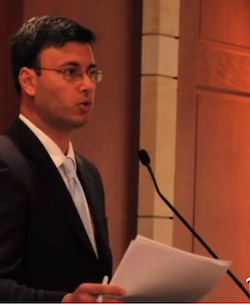 How medical care can be substantially improved through a full spectrum view of all factors that affect health was the topic of Payam Etminani's presentation at the 2019 IDGA Veterans Benefits Conference in Washington D.C. Etminani, the CEO of Bitscopic, argued that the ability to view all health data including social, environmental and genomic information in addition to the traditional clinical measures (vital signs, blood work, history of illness etc), would lead to significant improvement in care. Etminani described how recent advances in Big Data and Artificial Intelligence (AI) make combining and using these large and widely varied sets of information possible.
How medical care can be substantially improved through a full spectrum view of all factors that affect health was the topic of Payam Etminani's presentation at the 2019 IDGA Veterans Benefits Conference in Washington D.C. Etminani, the CEO of Bitscopic, argued that the ability to view all health data including social, environmental and genomic information in addition to the traditional clinical measures (vital signs, blood work, history of illness etc), would lead to significant improvement in care. Etminani described how recent advances in Big Data and Artificial Intelligence (AI) make combining and using these large and widely varied sets of information possible.